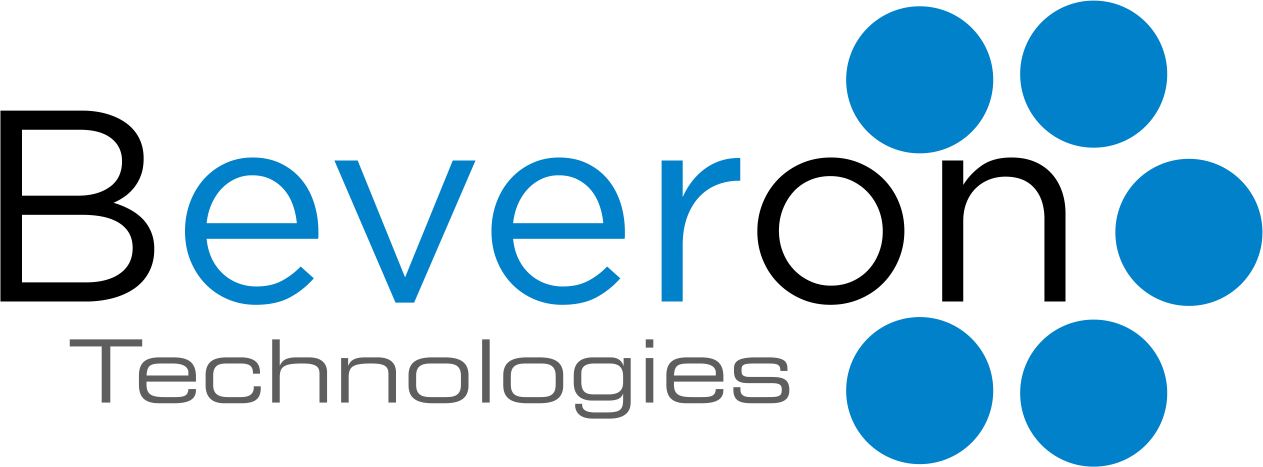

This blog explains how inhouse legal counsel software helps corporate legal teams in Thailand improv...

An insight-driven overview explaining why Tanzanian enterprises are adopting in-house legal counsel ...

Cloud-based legal software is transforming in-house legal teams in South Africa by enabling centrali...

Using the best Corporate Legal Management Software in Sudan offers several significant advantages. First, it streamlines legal processes, enhancing efficiency and reducing the time required for routine tasks such as contract management, compliance tracking, and case handling. This efficiency is crucial in a developing legal market like Sudan, where legal professionals often face resource constraints. Additionally, such software ensures better compliance with local and international regulations, minimizing the risk of legal penalties and enhancing the company's reputation. The software also improves document management by providing a centralized repository for all legal documents, facilitating easier retrieval and collaboration among team members. Furthermore, advanced analytics and reporting features aid in strategic decision-making by providing insights into legal trends and performance metrics. Overall, adopting top-tier Corporate Legal Management Software can significantly boost the productivity, compliance, and strategic capabilities of corporate legal departments in Sudan.
Corporate Legal Management software refers to specialized digital tools designed to assist legal departments in managing their operations more efficiently and effectively. This software encompasses various features, including contract management, compliance tracking, litigation management, intellectual property management, and legal research. Key functionalities often include document storage, automated workflows, reporting and analytics, and collaboration tools. Examples of popular Corporate Legal Management software include Clio, LexisNexis CounselLink, Thomson Reuters Legal Tracker, and Mitratech. These platforms enable legal teams to streamline processes, maintain compliance with regulatory requirements, enhance communication within the legal department and with other corporate divisions, and ultimately make more informed strategic decisions.
Legal Management Software (LMS) in any region can be a transformative step for corporate legal departments, bringing efficiency and enhanced capabilities. However, the process is not without its challenges, especially in countries like Sudan, where unique socio-economic and technological factors come into play. This blog explores common challenges faced during the implementation of LMS in Sudan and offers strategies to overcome them.
1. Limited Technological Infrastructure
One of the primary challenges in Sudan is the limited technological infrastructure. Many organizations may lack the necessary hardware, reliable internet connectivity, or robust IT support to implement and maintain advanced software solutions.
Solution: To overcome this, companies can start by conducting a thorough assessment of their current IT infrastructure. Investing in necessary upgrades or opting for cloud-based LMS solutions can mitigate the need for extensive on-premises infrastructure. Partnering with local IT firms for support and maintenance can also be beneficial.
2. Resistance to Change
Resistance to change is a common hurdle in the adoption of new technologies. Legal professionals accustomed to traditional methods may be skeptical about transitioning to digital solutions, fearing it may disrupt their workflow or lead to job redundancy.
Solution: Change management is crucial here. Organizations should engage stakeholders early in the process, demonstrating the benefits of LMS through training sessions, pilot programs, and success stories from similar implementations. Emphasizing how the software can reduce mundane tasks, thus allowing professionals to focus on more strategic activities, can help in gaining buy-in.
3. High Initial Costs
The initial cost of purchasing and implementing LMS can be a significant barrier, especially for small to medium-sized enterprises in Sudan. Budget constraints may prevent these organizations from accessing top-tier software solutions.
Solution: To address this, organizations can explore phased implementation, spreading costs over time. Additionally, they can look for scalable solutions that allow them to start with essential features and add more functionalities as needed. Seeking out software vendors who offer flexible payment plans or subscription models can also ease the financial burden.
4. Regulatory and Compliance Issues
Ensuring that the LMS complies with both local and international legal standards can be challenging. Sudanese companies must navigate a complex landscape of regulations to avoid legal pitfalls.
Solution: Partnering with vendors who have expertise in the local regulatory environment is crucial. Such vendors can tailor their solutions to meet specific compliance requirements. Continuous monitoring and updates to the software can help organizations stay abreast of any changes in regulations.
5. Data Security Concerns
With the increasing threat of cyberattacks, data security is a major concern for organizations implementing LMS. Ensuring that sensitive legal data is protected from breaches is paramount.
Solution: Companies should choose LMS solutions with robust security features, including encryption, access controls, and regular security audits. Training staff on best practices for data security and establishing clear protocols for data management can further enhance protection.
6. Lack of Local Expertise
The shortage of professionals skilled in using and managing LMS can impede successful implementation and utilization of the software.
Solution: Investing in comprehensive training programs for existing staff and hiring consultants with experience in LMS can bridge the skills gap. Building partnerships with educational institutions to develop specialized courses in legal technology can also help cultivate local expertise in the long run.
Implementing Legal Management Software in Sudan presents unique challenges, but these can be effectively managed with strategic planning and the right approach. By addressing infrastructure needs, fostering a culture open to change, managing costs wisely, ensuring regulatory compliance, prioritizing data security, and developing local expertise, Sudanese organizations can reap the full benefits of LMS. Embracing this digital transformation can ultimately lead to more efficient legal processes, better compliance, and improved overall performance for corporate legal departments in Sudan.
Smart Legal Counsel by Beveron Technologies stands out as the best Corporate Legal Management Software in Sudan due to its comprehensive features and user-friendly interface tailored to the unique needs of the Sudanese legal market. This software offers robust capabilities in contract management, compliance tracking, and litigation management, ensuring that legal departments can operate with greater efficiency and accuracy. Additionally, Smart Legal Counsel provides advanced analytics and reporting tools, aiding legal professionals in making informed decisions. The software's adaptability to local regulatory requirements and its cloud-based infrastructure overcome the challenges of limited technological infrastructure in Sudan. With excellent customer support and continuous updates, Smart Legal Counsel is the ideal solution for enhancing the productivity and strategic capabilities of corporate legal departments in Sudan.
Best Corporate Legal Management Software in Bahrain
Best Corporate Legal Management Software in UAE
Best Corporate Legal Management Software in Tanzania
Best Corporate Legal Management Software in Saudi Arabia
If you need free demo on best Corporate Legal Management Software in Sudan please Fill the Form below